Blog
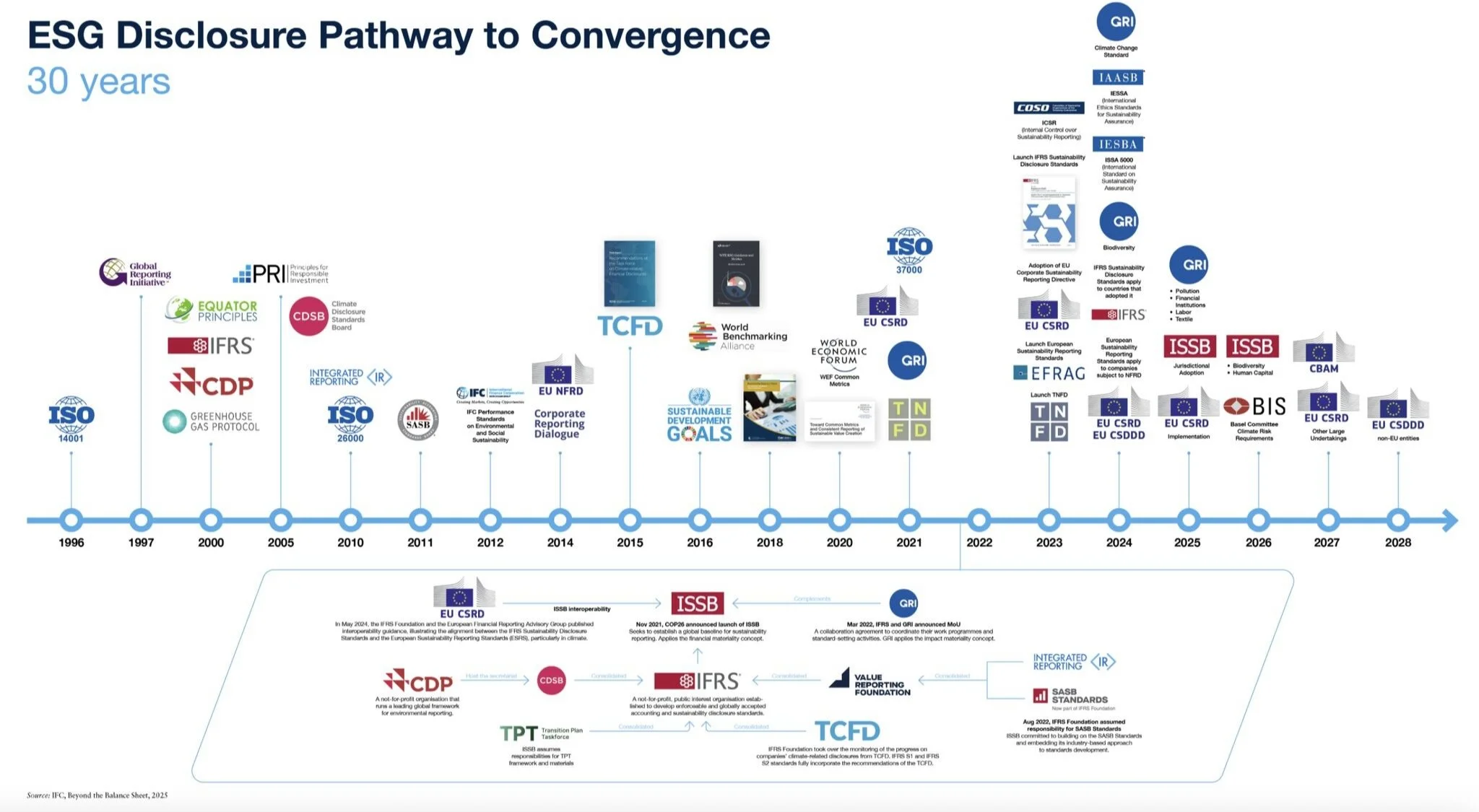
ESG Disclosure: Confusion to Convergence
For decades, organisations have faced a confusing patchwork of ESG reporting frameworks. Now, the landscape is converging: ISSB is setting a global baseline, the EU’s CSRD is making disclosure mandatory, and ISO standards are embedding sustainability into everyday management systems. Together, they signal the end of fragmentation and the start of a unified approach. For estates, councils, and heritage organisations, this shift is both a challenge and an opportunity — and those who act early will lead the way.

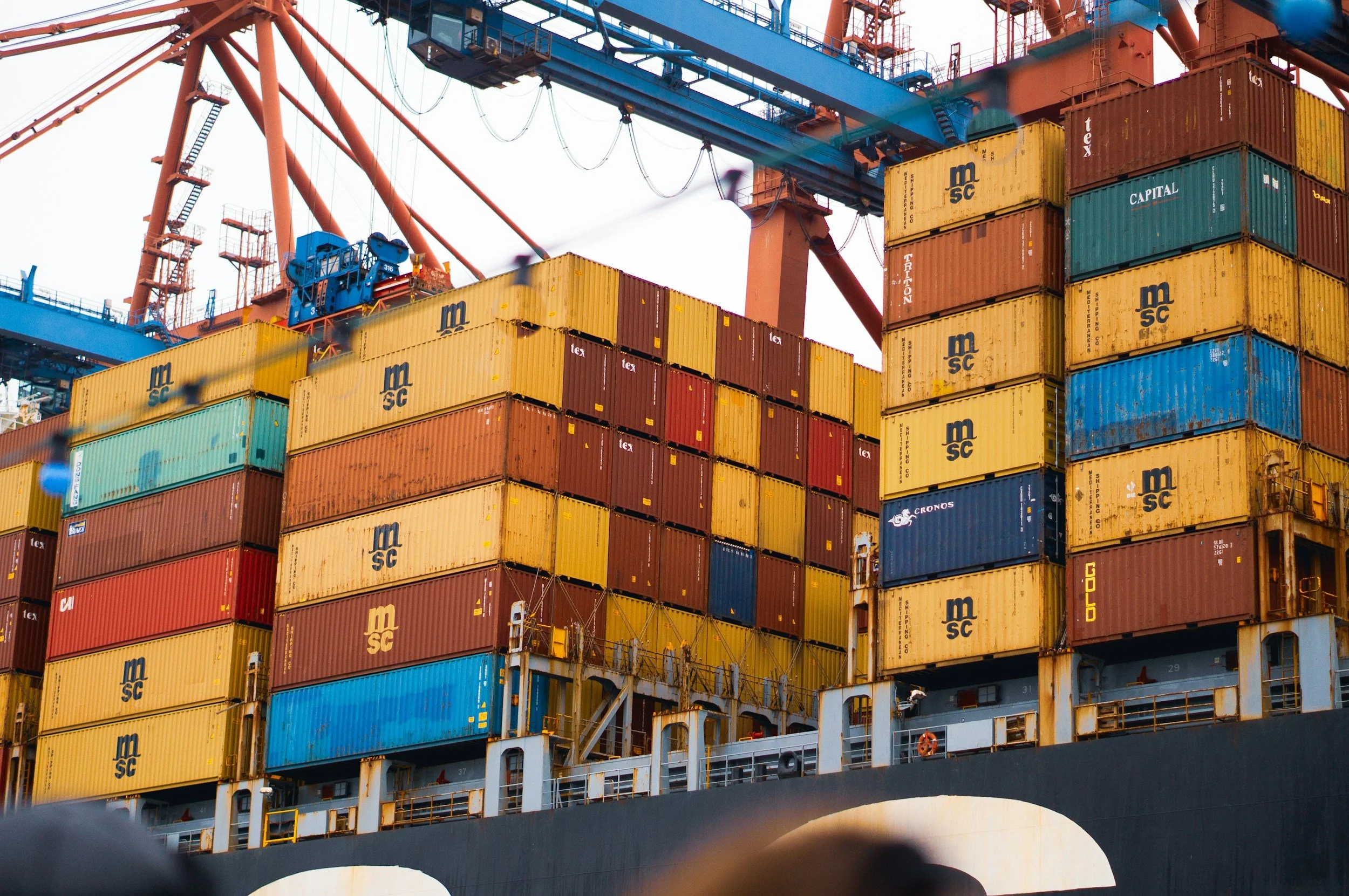
A Practical Framework for Scope 3 Strategy
Scope 3 is the beast of carbon accounting. It’s sprawling, hard to measure, and easy to overpromise on.
But if you’re serious about net zero — or just want to avoid greenwashing — you can’t ignore it. The good news? You don’t have to tackle it all at once, or alone.

The Danger of Using Just One Climate Scenario
The Single Scenario Trap
Too many organisations base adaptation on just one Met Office climate scenario. It feels neat, but it’s a false certainty — and a strategic risk.
Climate scenarios are pathways, not predictions. Relying on a single line blinds boards to the real range of futures — hotter, wetter, drier, or more extreme. Regulators (TCFD, ISSB) now expect resilience plans tested against multiple pathways.
At Resilient Horizons, we help boards stress-test strategies across scenarios, spot “no-regret” actions, and build resilience that works in any future.
Don’t bet on one climate future. Build for many.
#ClimateRisk #Adaptation #Resilience #TCFD #BoardLeadership
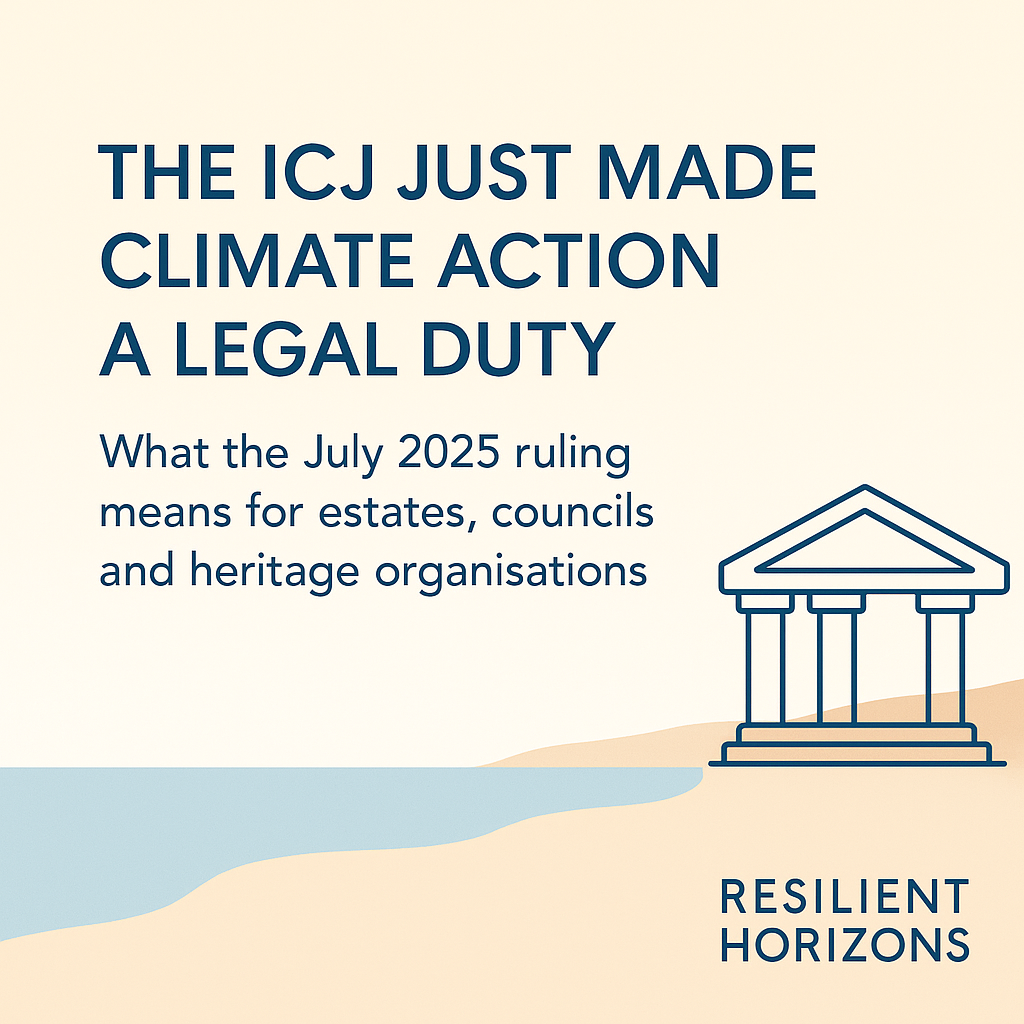
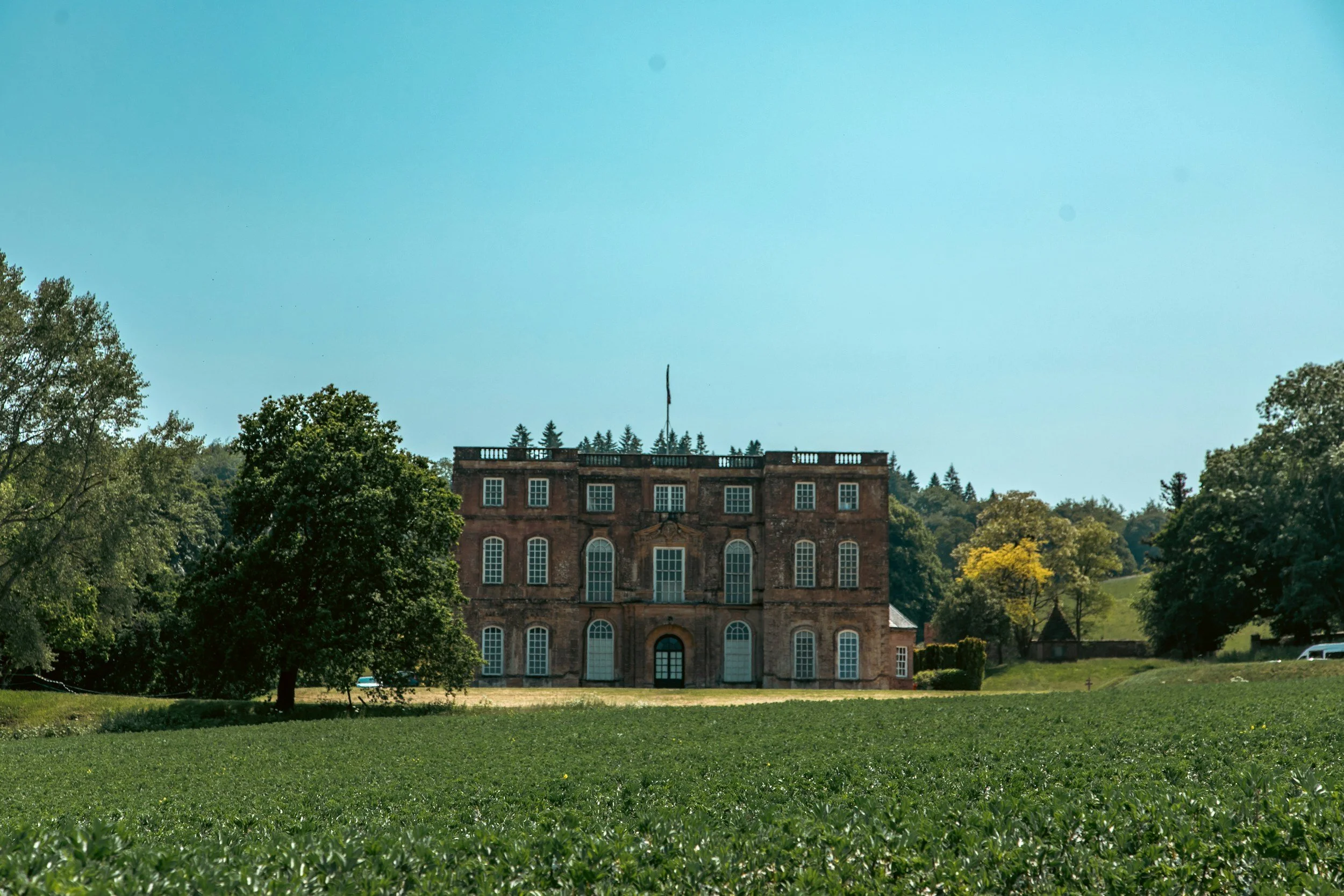
Top 5 -Due Diligence for Estate Owners
Whether you’re preparing for family succession, a capital raise, or a new renewable venture, one thing is becoming clear: climate and carbon risk are now core to estate due diligence.
Buyers, investors, and strategic partners are looking beyond clean accounts and stable tenancies. They want to know: Is this estate future-fit?
Here are our top 5 questions we help estate owners prepare for — and why they matter.

When Facts Crumble
The Surprising #1 Risk to Our Planet
According to the World Economic Forum’s Global Risks Report 2025, misinformation and disinformation are now considered the most severe global risk in the short term (2-year horizon). Surpassing even extreme weather, geopolitical tensions, and cyber warfare, this ranking should cause all of us working in climate, sustainability, and social impact to pause.
But why is misinformation seen as more dangerous than a physical threat like extreme weather?
The answer is disturbingly simple: we cannot solve global crises if we can’t agree on what’s true.

Carbon Transition: Planning, Not Panic
The race to net zero is heating up. But for many organisations, especially those with legacy infrastructure or heritage estates, the pressure to act quickly risks backfiring.
Poorly planned carbon action can result in stranded assets, wasted investment, or damage to core operations. So how can leaders move forward with confidence — without falling into the trap of climate panic?
At Resilient Horizons, we believe the answer is structured, proportionate, and credible planning.

What ISSB and TCFD Actually Mean for SME Boards
Climate Reporting Isn’t Just for the FTSE100 Anymore
Over the past two years, climate-related reporting frameworks have evolved from voluntary guidance into regulatory expectation. For SMEs, especially those with complex estates, philanthropic investors, or public-facing brands, the shift from “should” to “must” is happening quietly — and fast.
So what do the ISSB and TCFD mean in practice? And how should SME boards respond?

Carbon Reporting Is Growing Up
Discover how the ISSB’s 2025 updates to IFRS S2 will affect climate reporting for purpose-led organisations, charities, landowners and heritage sites. Learn what’s changing, why it matters, and how to prepare.
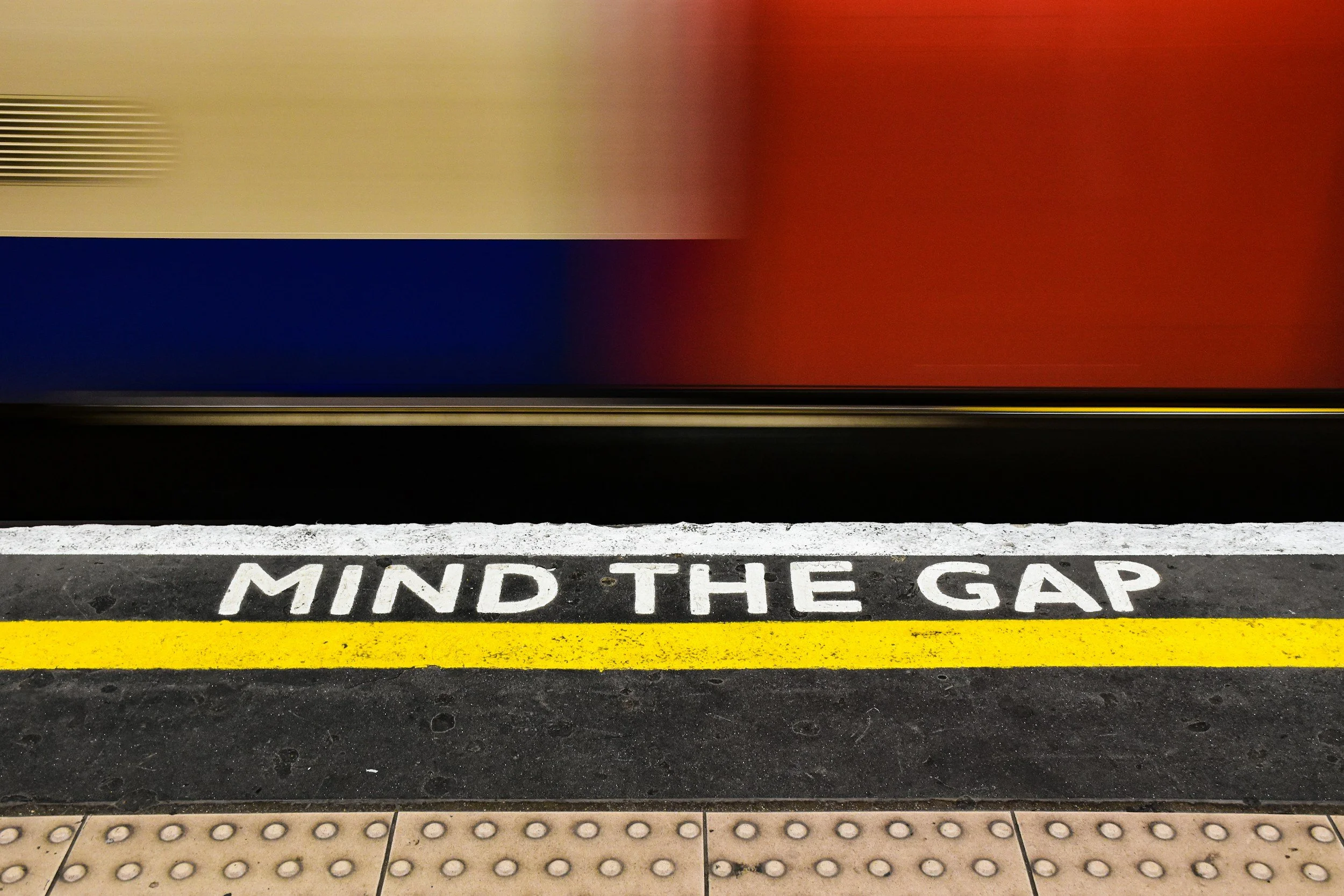
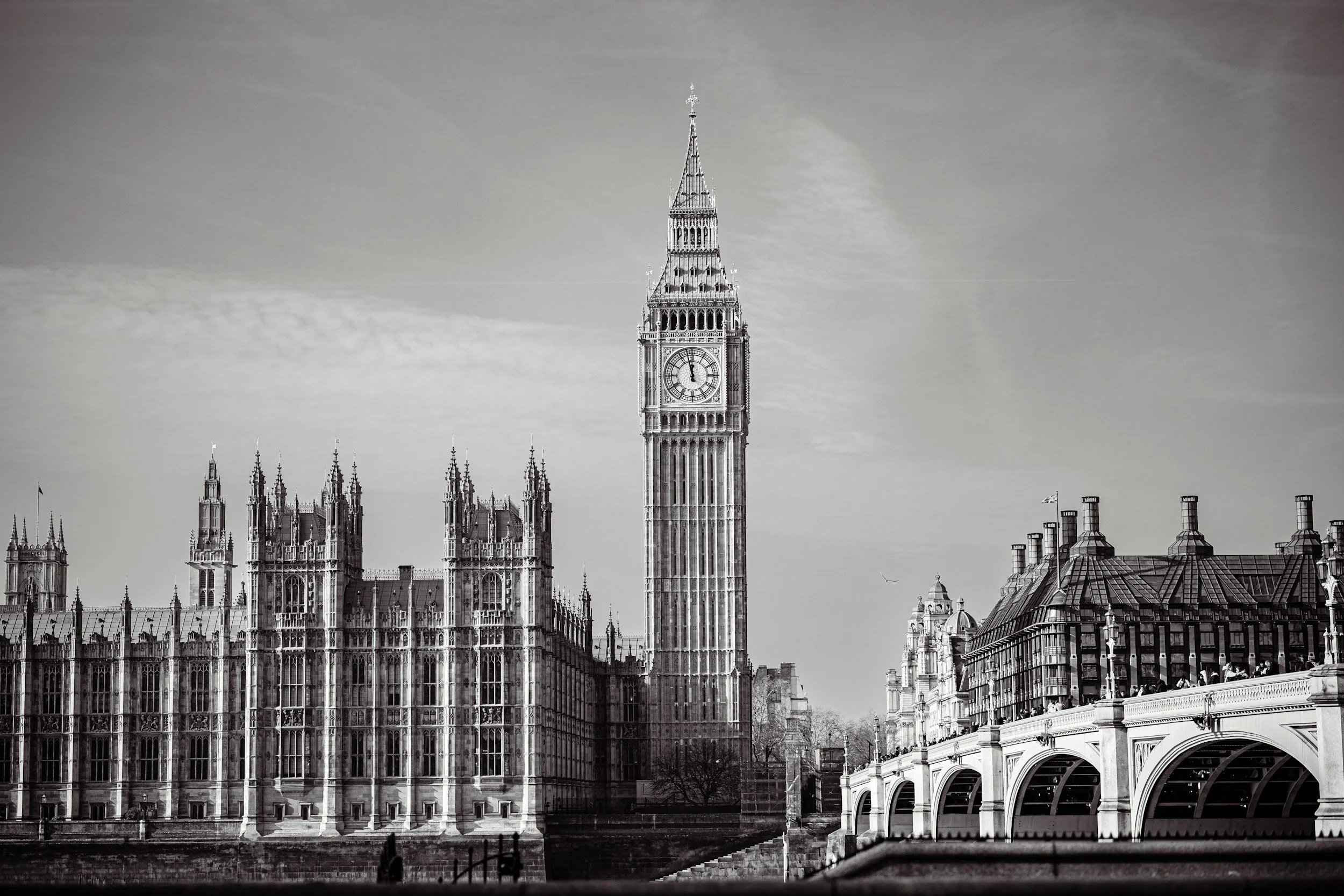


Not Just Technical — It’s Cultural
Why due diligence needs to ask who is delivering, not just what is promised